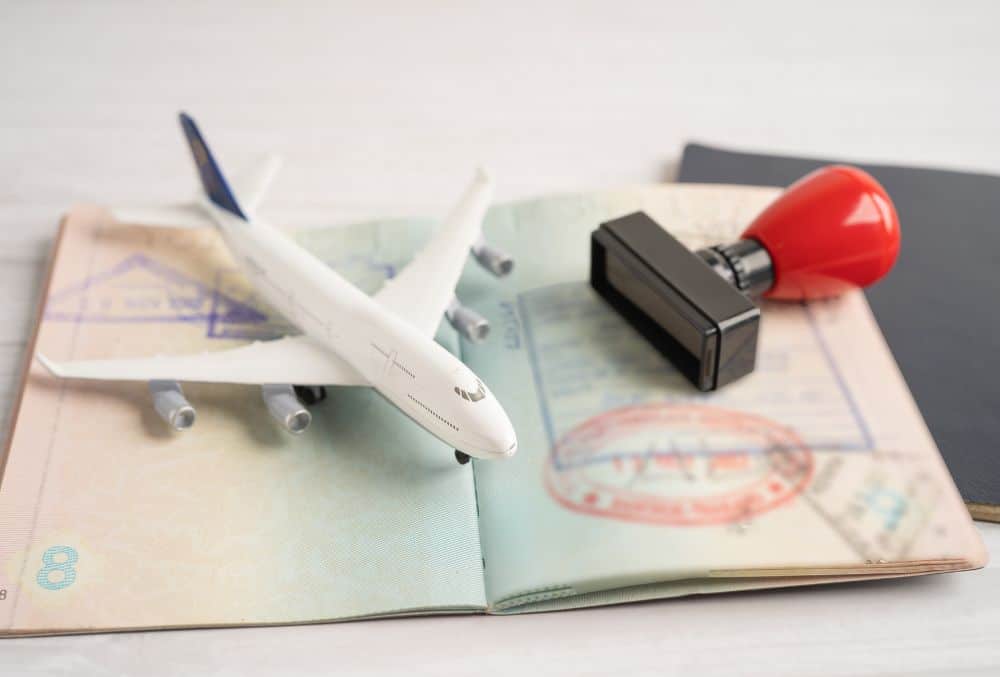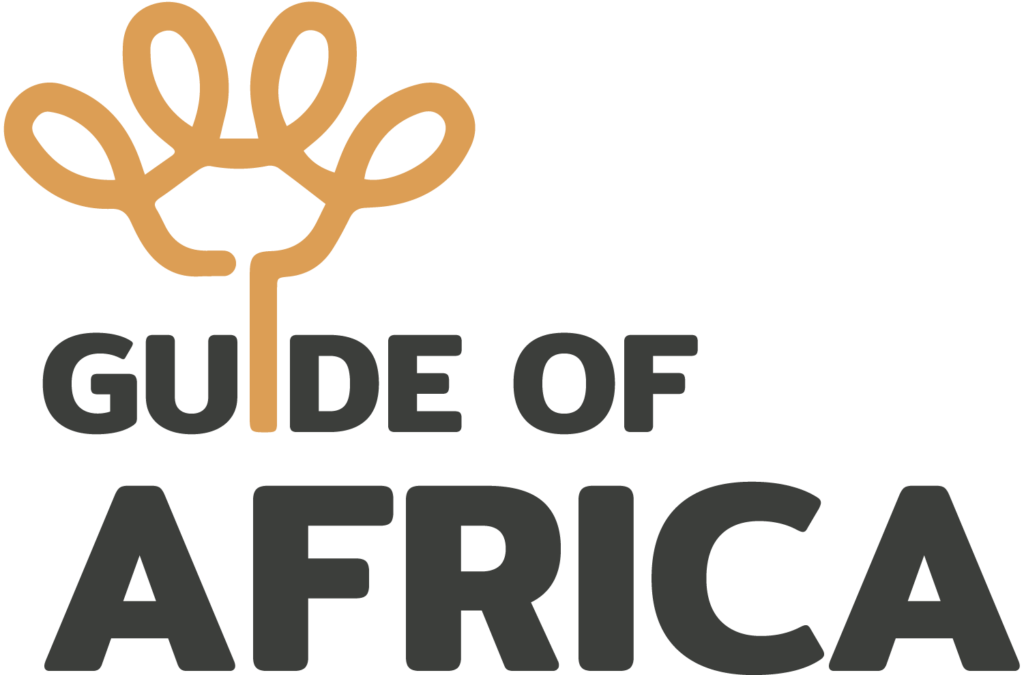Embarking on a solo travel adventure in Africa can be one of the most exhilarating experiences. The continent offers an array of diverse cultures, landscapes, and wildlife that can transform any trip into a profound personal journey. However, traveling solo in Africa requires careful planning to ensure safety, efficiency, and enjoyment. This guide covers everything from securing visas and vaccinations to navigating local cultures and safety tips.
Table of Contents

Pre-Travel Preparation
Visas and Documentation
Before booking your flights, research the visa requirements for each country you plan to visit in Africa. Visa regulations vary widely; some countries offer visas on arrival or e-visas, while others require a lengthy application process before departure. Always check the embassy websites for the most accurate and up-to-date information.

Vaccinations and Health Precautions
Health preparations are crucial for traveling to Africa. Consult a travel clinic or your healthcare provider at least 2-3 months before your departure. Commonly required or recommended vaccinations include Yellow Fever, Hepatitis A and B, Typhoid, and Meningitis, along with routine vaccinations such as measles, mumps, and rubella. Additionally, consider malaria prophylaxis based on your destination’s risk levels.
Travel Insurance
Invest in comprehensive travel insurance that covers medical expenses, evacuation, and theft or loss of personal items. Ensure it also covers activities you plan to engage in, like safaris or adventure sports.
Finances
Diversify your financial options. While larger cities accept credit cards, cash is essential in remote areas. Inform your bank of your travel plans to avoid fraud alerts on your account. Additionally, consider using money apps that offer low international withdrawal fees.
Packing Essentials
Gear and Clothing
Pack light but wisely. Opt for lightweight, breathable clothing that can be layered. Include a good hat, sunglasses, and a high SPF sunscreen to protect against the sun. A durable, comfortable pair of shoes is essential, especially if you plan on doing a lot of walking or hiking.

Gadgets and Tools
A reliable smartphone with a good camera can double as your navigation and photographic equipment. Consider a portable power bank, a universal adapter, and a sturdy, water-resistant backpack. Also, carry a basic medical kit that includes band-aids, antiseptics, and any personal medication.
Important Documents
Carry photocopies of your important documents like passport, visa, travel insurance, and vaccination certificates. It’s also wise to have digital copies accessible in your email or a secure online storage service.
Choosing Your Destinations
Africa is vast and varied. For wildlife, consider East Africa (Kenya, Tanzania, Uganda) for spectacular safaris. For culture and history, West Africa (Ghana, Senegal, Mali) offers rich experiences. Southern Africa charms with natural beauty and adventure sports, while North Africa boasts incredible landscapes and historical sites.

Safety Tips
Stay Informed
Keep up-to-date with local news and any travel advisories. Register with your embassy upon arrival for additional security.
Local Customs and Etiquette
Respect local customs and dress codes to avoid offending local sensibilities. Learning a few phrases in the local language can greatly enhance your interaction with native people.
Health Safety
Avoid tap water, opt for bottled water instead. Be cautious with street food; choose vendors that have a high turnover of customers.
Transportation
Use reputable transportation services. In cities, registered taxis or ride-sharing apps are safer. When using public transportation, keep your belongings secure and maintain awareness of your surroundings.
Connecting with Locals and Other Travelers
Solo travel doesn’t have to be lonely. Stay in hostels, join local tours, or participate in community events to meet other travelers and locals. Apps and social media groups can also connect you with fellow travelers.

Embrace Flexibility
While planning is important, the beauty of solo travel lies in its flexibility. Allow yourself the freedom to change your plans based on discoveries along the way.
Document Your Journey
Keep a journal or blog to document your experiences. Not only is it a great way to reflect on your travels, but it’s also a useful resource for other travelers.

Solo travel in Africa can be challenging but incredibly rewarding. With the right preparations and an open mind, you’ll be ready to explore this stunning continent safely and enjoyably. Dive into the adventure that awaits, and let Africa change you, one day at a time.
Read the Solo Travel article here.
